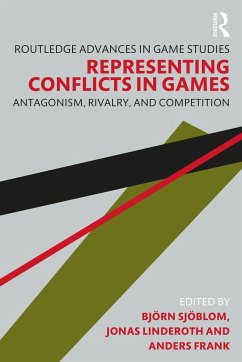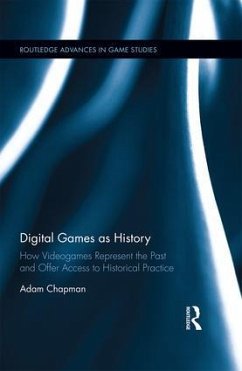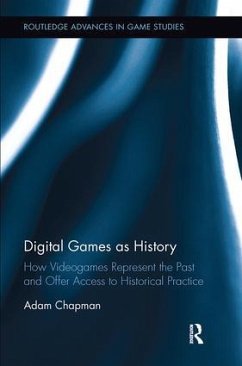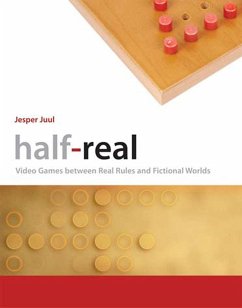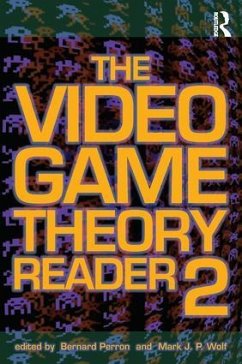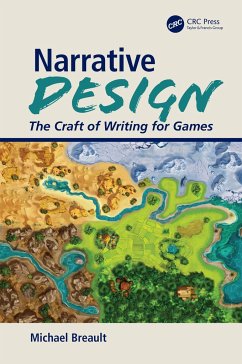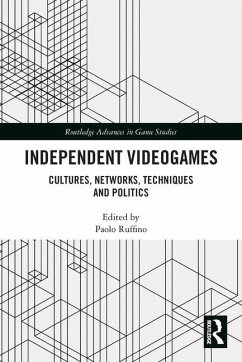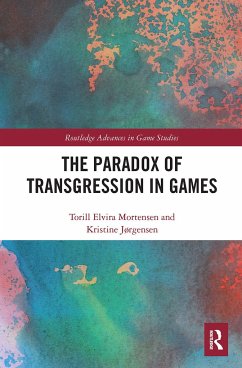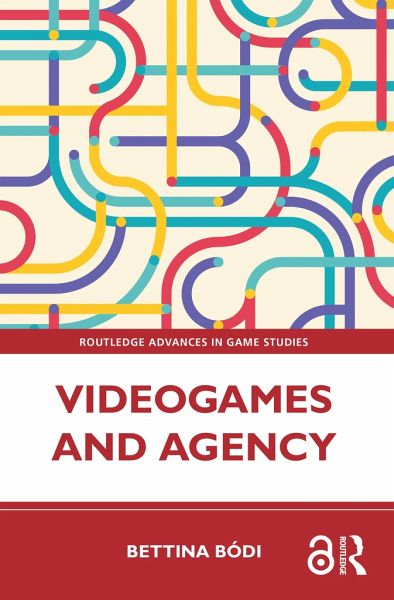
Videogames and Agency
Versandkostenfrei!
Versandfertig in 6-10 Tagen
40,99 €
inkl. MwSt.
Weitere Ausgaben:

PAYBACK Punkte
20 °P sammeln!
Videogames and Agency explores the trend in videogames and their marketing to offer a player higher volumes, or even more distinct kinds, of player freedom. The book offers a new conceptual framework that helps us understand how this freedom to act is discussed by designers, and how that in turn reflects in their design principles.What can we learn from existing theories around agency? How do paratextual materials reflect design intention with regards to what the player can and cannot do in a videogame? How does game design shape the possibility space for player action? Through these questions...
Videogames and Agency explores the trend in videogames and their marketing to offer a player higher volumes, or even more distinct kinds, of player freedom. The book offers a new conceptual framework that helps us understand how this freedom to act is discussed by designers, and how that in turn reflects in their design principles.
What can we learn from existing theories around agency? How do paratextual materials reflect design intention with regards to what the player can and cannot do in a videogame? How does game design shape the possibility space for player action? Through these questions and selected case studies that include AAA and independent games alike, the book presents a unique approach to studying agency that combines game design, game studies, and game developer discourse. By doing so, the book examines what discourses around player action, as well as a game's design can reveal about the nature of agency and videogame aesthetics.
This book will appeal to readers specifically interested in videogames, such as game studies scholars or game designers, but also to media studies students and media and screen studies scholars less familiar with digital games.
The Open Access version of this book, available at http://www.taylorfrancis.com, has been made available under a Creative Commons Attribution-Non Commercial-No Derivatives 4.0 license.
What can we learn from existing theories around agency? How do paratextual materials reflect design intention with regards to what the player can and cannot do in a videogame? How does game design shape the possibility space for player action? Through these questions and selected case studies that include AAA and independent games alike, the book presents a unique approach to studying agency that combines game design, game studies, and game developer discourse. By doing so, the book examines what discourses around player action, as well as a game's design can reveal about the nature of agency and videogame aesthetics.
This book will appeal to readers specifically interested in videogames, such as game studies scholars or game designers, but also to media studies students and media and screen studies scholars less familiar with digital games.
The Open Access version of this book, available at http://www.taylorfrancis.com, has been made available under a Creative Commons Attribution-Non Commercial-No Derivatives 4.0 license.





